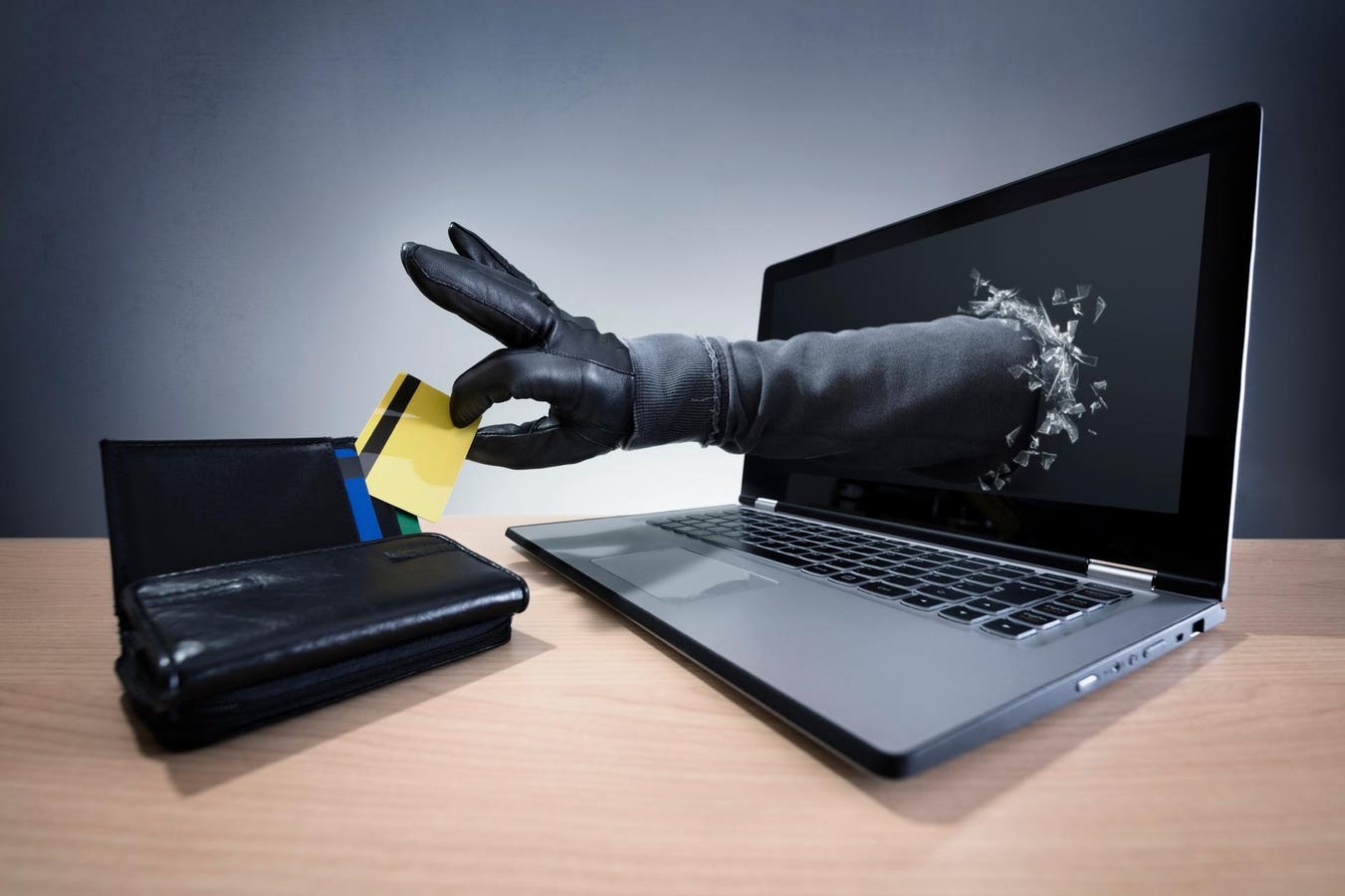Mastercard has selected India as a test market for the worldwide launch of its new payment passkey service which it claims will make online shopping more secure and easier to do.
The card company has already tied up agreements with several large payment players in India including aggregators such as Juspay, Razorpay, and PayU, as well as online merchant BigBasket, and Axis Bank.
The Indian debut was announced during a keynote presentation at Global Fintech Fest in Mumbai, a vast three-day event that ends on Friday. The pilot will offer some interesting insights into consumer sentiment and their willingness to adopt new security processes.
Mastercard believes that, despite the rising popularity of one-time passwords (OTPs) due to their ease of use, they are increasingly vulnerable to online scams such as phishing, SIM swapping, and message interception. In India, the incidence of fraud cases has surged by nearly 300% in the past two years, according to the Reserve Bank of India’s latest annual report.
This is where Mastercard hopes it can influence the market with payment passkeys. They use device-based biometric authentication methods such as fingerprints or facial scans to streamline online shopping experiences.
By replacing OTPs and traditional passwords, Mastercard expects to make transactions both faster and more secure. Nearly 80% of consumers tend to reuse the same password at least once and subsequently almost half of Americans have had theirs stolen in the past year according to a study from Forbes Advisor.
More than a decade ago, some tech companies, including Mastercard, got together to develop the FIDO (Fast Identity Online) alliance to address the inherent weaknesses of passwords and eventually transition to passkeys. FIDO has worked with EMVCo, a global tech payment body, and the World Wide Web Consortium (W3C), the international standards organization for the Internet, in this process.
No ‘real’ data shared with third parties
With payment passkeys, consumers can forget about accidentally sharing passwords or OTPs. Mastercard’s passkey service uses tokenization to secure a consumer’s payment details and biometric data. By turning a 16-digit card number into a different one, the service ensures that no relevant data is shared with third parties and is therefore useless to fraudsters and scammers.
Mastercard calls this a “game changer” for online checkout. “By introducing the Mastercard Payment Passkey Service in India, we’re advancing secure online checkout and our vision for a token economy,” said Jorn Lambert, chief product officer at Mastercard. “Through technology that enhances both security and convenience, we’re creating a more transparent commerce ecosystem.”
Lambert believes that the prospect of achieving a tokenized future is stronger than ever and his company is hoping that India—with its rapidly expanding payment ecosystem and advanced tokenization market—will quickly embrace passkeys.
Sheetal Lalwani, COO and co-founder of Juspay thinks the new set-up will lead to more frictionless payments and improve the e-commerce experience. She said: “This solution will help our merchant customers improve payment success rates and overall sales. End consumers can make payments without multiple redirects.”
As well as bringing security and speed to consumers, Mastercard argues that more resilient payment systems can help retailers by reducing the number of abandoned carts online, resulting in fewer fraudulent transactions.
If the initial pilot program in India is successful, Mastercard is expected to roll out its payment passkey service to more consumers and financial institutions around the world in the coming months.
Read the full article here





